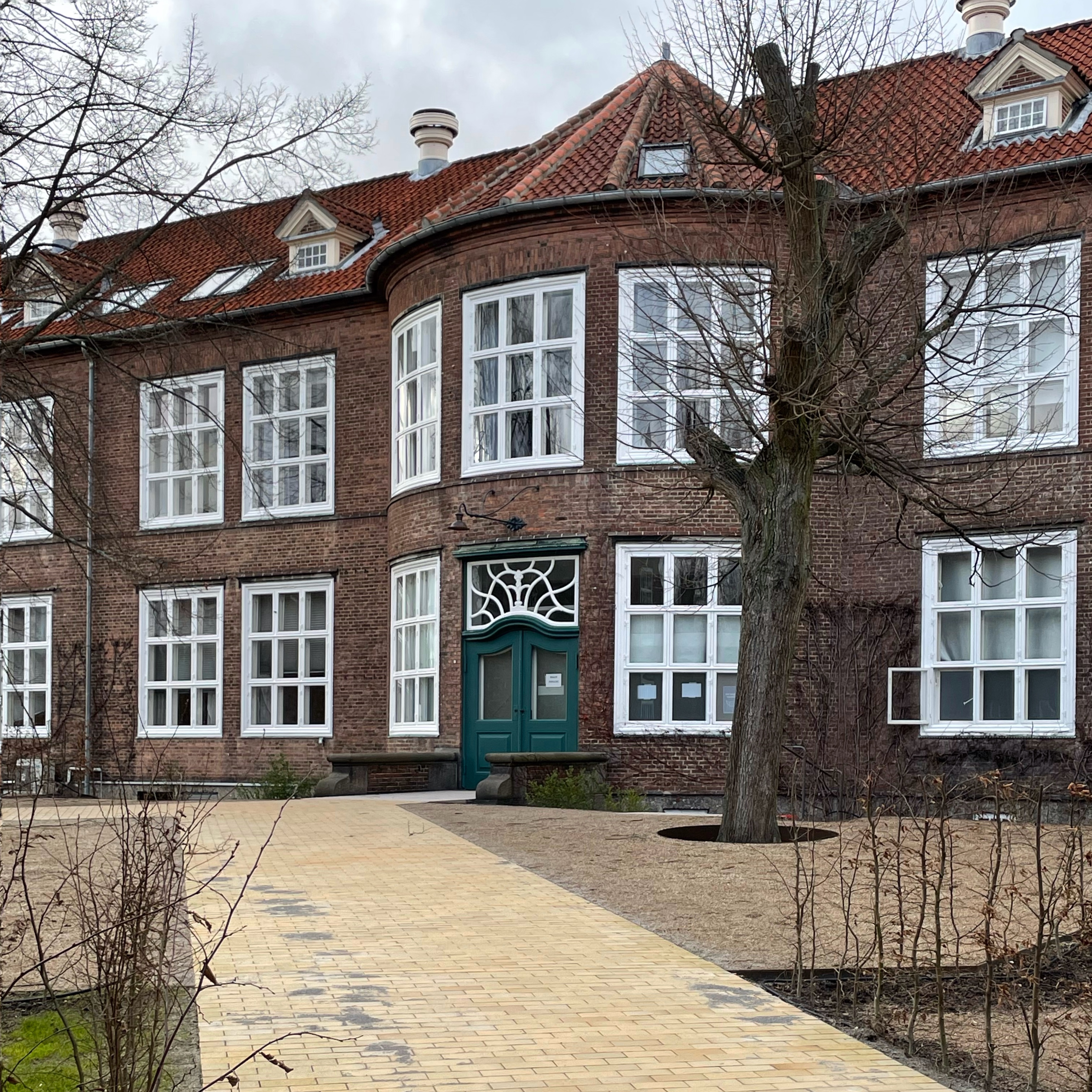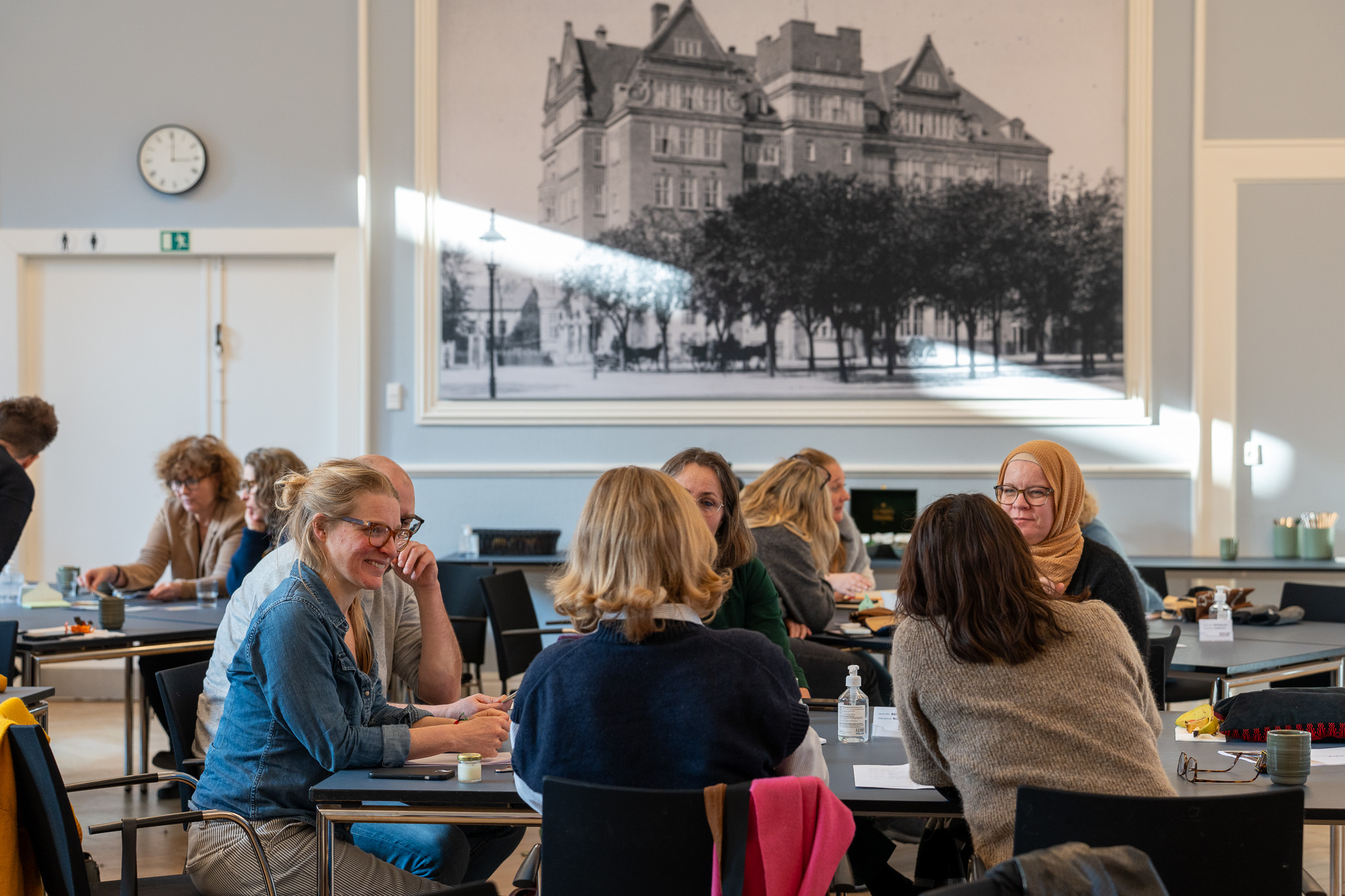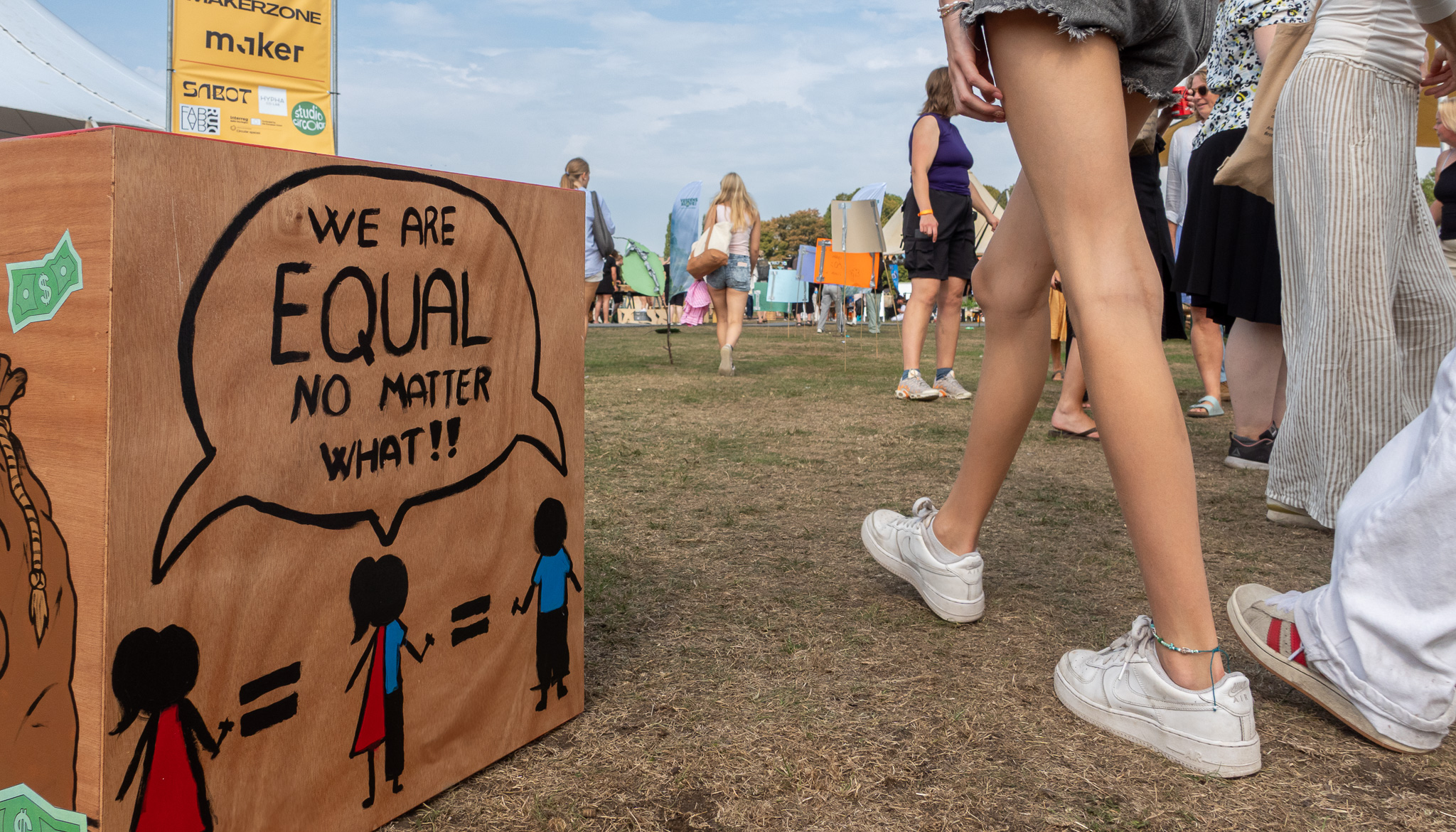
Parasport has the potential to create an inclusion revolution — and it is needed

The PL in Paris 2024 has shown us that the parasport is an important lever to create positive awareness of what the body can do when the frames are right. Through parasport, we become aware of how important both the physical and human environment are for athletes' success, says the Bevica Foundation and Parasport Denmark.
The Paralympic Games in Paris in 2024 were an unconditional success. Boatsportingly and culturally, the event filled more with the public than it ever has in the past. For example, on average, 100,000 Danes watched the evening magazine 'Guld til Denmark'. There were more Danish television viewers for Daniel Wagner's long jump competition than for any other simultaneous programme on Danish flow television. Added to this is Politik's coverage with poet and disability activist Caspar Eric as PL correspondent throughout the period.
Also the sporting achievement was extraordinary. With 10 Danish medals, Denmark became the most winnable among the Nordic countries, finishing as number 38 out of 165 countries in the medal table. It's the best performance since 2004.
There is — in other words — plenty to celebrate and be proud of, and it is therefore also important that we seize the momentum and use parasport and PL 2024 to create the inclusion revolution that the Games were launched with. Because that is exactly what parasport has the potential to create: a revolution for the inclusion of people with disabilities or special needs — in sport and in society in general.
The need for a revolution is there
In a new partnership between the Bevica Foundation and Parasport Danmark, we have just set out to explore how parasport can be a lever to have a common conversation about what framework we set up for people with disabilities in Denmark — in sport and in society as a whole. And we actually know something already.
When we focus on PL athletes, for example, we know that they continue to be far from having the same conditions and opportunities for support as their colleagues at the Olympics. The Danish set-up around PL athletes was strengthened towards Paris 2024, so that the Danish athletes were better equipped to run faster, throw longer and jump higher than ever before.
It proved to be worth all the priority with the great medal harvest generating positive attention and giving children and young people with disabilities and special needs some strong role models to look up to. We will help to continue working to ensure that the Danish PL athletes get the same conditions and opportunities as their colleagues at the Olympics.
In broad-based sports for athletes with disabilities, we know that they also do not have the same opportunities to be physically active and to be part of the sporting community. A recent study from the Disability Knowledge Centre indicates that access to activity aids is lagging, creating a barrier to getting started in sporting and physical activity at all.
At the societal level, we also see a number of barriers to people withdisabilities being able to live out their full potential. If we rewind the time to the early autumn of last year, while the Danish PL athletes became Nordic champions in medal harvesting in Paris, the Danish government was at the examination with the UN Committee on Disability in compliance with our obligations in the UN Convention on Disability, which Denmark ratified in 2009.
In fact, we flunked.
Among other things, Denmark is criticized for not implementing a national action plan for disability policy across sectors, just as the Convention remains to be written into law. The Committee also notes with concern how we have not sufficiently succeeded in implementing better access to and universal design in the public transport system.
And that was just some of it.
Lack of knowledge about universal design
In its recommendations, the UN Committee on Disabilities points to a widespread lack of knowledge about universal design in society, and they recommend that knowledge of universal design be disseminated and promoted among the people who create the framework for life lived: engineers, architects and staff who “work on the floor” with the design of substrates, access to train stations and new technologies.
Facts about universal design
In Article 2 of the United Nations Convention on Disability, universal design is defined as:
'Designing products, environments, arrangements and offers so that they can be used as far as possible by all persons, without the need for adaptation or special design'.
Universal design is originally defined by American architect Ron Mace in the 1980s.
Although the definition of universal design was born out of an architectural context, the concept has since evolved and extends beyond the architectural and built environment. Universal design is now used in many different professional contexts and has given its name to entirely new fields of study such as Universal Design for Business and Universal Design for Learning
From our work to disseminate knowledge about universal design in the Bevica Foundation, we know that the UN Committee on Disability is right when they say that there is a lack of knowledge about universal design.
In the partnership between the Bevica Foundation and Parasport Danmark, we will therefore work together over the next four years to PL in LA in 2028 to raise more awareness of precisely universal design such as drifts for a more equal and inclusive society. We have seen, for example, that former PL host nations that they have actively worked on access to public space for people with disabilities in connection with the holding, and that access has thus been permanently improved in host cities for the benefit of all when the PL torch is extinguished.
The PL in Paris 2024 has shown us that the parasport is an important lever to create positive awareness of what the body can do when the frames are right. Through parasport, we become aware of the importance of both the physical and human environment for athletes' success. Only when the framework is right can we succeed in creating the achievements we celebrated in 2024.
With universal design as a prism, we can improve the framework and bring together the inclusion revolution that parasport has the potential to drive.
With the support of the Bevica Foundation, Politiken and Parasport Danmark awarded the first honorary prize in the Parasportens Hall of Fame. It happened in connection with the Politiken Festival on 23 February in Copenhagen. The discussion paper was published in Politiken on March 20th, 2025.
Latest News
Follow the latest news from the Bevica Foundation below.



